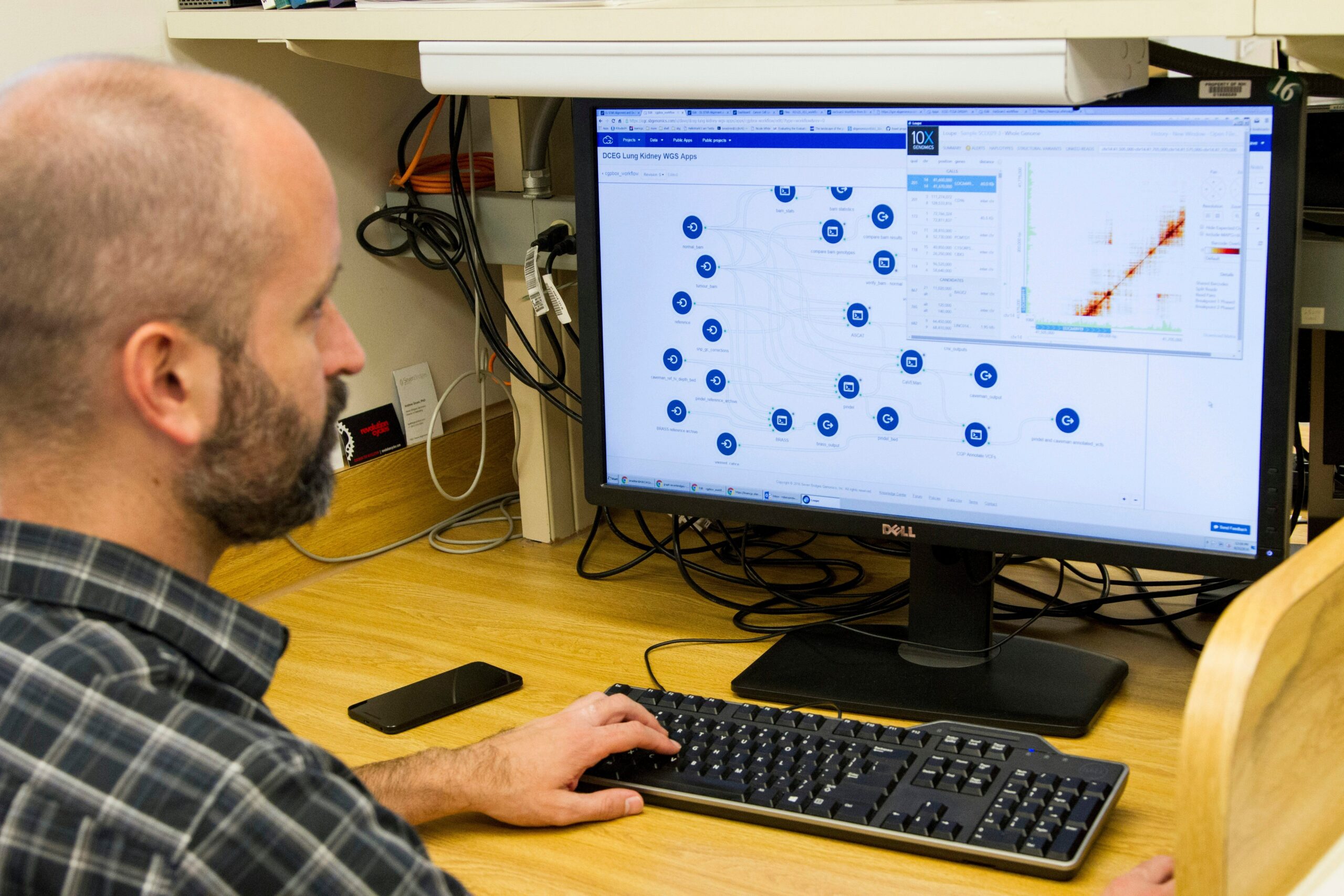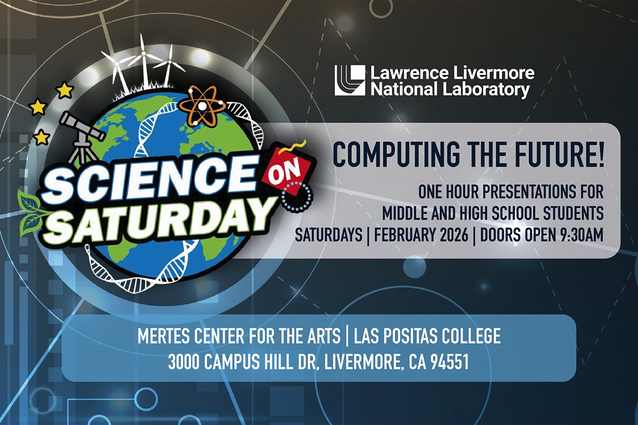
Richard Glover, a well-known figure in the media landscape, offers a humorous and insightful glimpse into his retirement, which he describes as being deeply entrenched in the medical world. “I’m working at the customer end of the medical business,” he quips, highlighting the frequent visits to various specialists that now fill his days.
Glover’s retirement is a whirlwind of medical appointments. “The knee surgeon one morning, the cardiologist the next,” he recounts, underscoring the hectic schedule that leaves him wondering how he ever managed full-time employment. At each medical stop, a series of tests await, from stress echoes to blood-pressure exams, culminating in the ultimate test of endurance: the bill handed over by the receptionist.
The Reality of Health Care in Retirement
This humorous take on retirement touches on a broader reality faced by many retirees. As individuals age, health care becomes a central focus, often requiring frequent interactions with a variety of medical professionals. Glover’s narrative is a relatable one, resonating with those who find themselves navigating the complexities of health insurance and medical bills.
Glover humorously describes the financial juggling act that accompanies these visits, noting how he hands over every card in his wallet, from Medicare to private health insurance, in an attempt to mitigate costs. “I get a quarter of it back plus an ongoing discount at Bunnings,” he jokes, highlighting the often confusing and frustrating nature of health care reimbursements.
Modern Medical Miracles and Personal Reflections
Despite the challenges, Glover expresses a deep respect for the medical profession. “Slowly, successfully, they’re replacing me bit by bit,” he acknowledges, referencing the surgeries and procedures that have become a part of his life. From knee replacements to dental work, Glover’s experience is not uncommon among retirees who find themselves becoming, as he puts it, “the hammer that’s been in the family for three generations.”
This metaphor, where the handle and head of a hammer are replaced multiple times, serves as a poignant reflection on identity and aging. “Once I’ve been largely replaced, will it still be me?” Glover muses, touching on a philosophical question that many grapple with as they age.
The Social Dynamics of Aging
Glover’s story also delves into the social aspects of aging, particularly the conversations that dominate gatherings among peers. “We try to limit the ‘health talk’ to the first 15 minutes,” he notes, describing these exchanges as “organ recitals” where friends share updates on their medical conditions. Despite the serious nature of these discussions, Glover highlights the humor and camaraderie that often emerge, with friends engaging in playful one-upmanship over their medical histories.
These interactions extend beyond personal health stories to include reviews of doctors, receptionists, and even the ambiance of medical facilities. “Do you know they do a great coffee and cake deal at the cafe that’s part of Royal North Shore?” Glover shares, illustrating how these details become part of the shared experience of aging.
The Lighter Side of Medical Visits
Amidst the serious discussions, there is room for levity. Glover recounts the amusing anecdotes shared by friends about the music played in medical facility foyers. “Killing Me Softly was heard by one friend while attending breast cancer treatment,” he recalls, adding that another friend swears by hearing “Highway to Hell.” These stories, while lighthearted, reflect the unique ways in which individuals cope with the realities of aging and health care.
As Glover and his partner Jocasta adjust to this new phase of life, their schedules have shifted from social events to medical appointments. Yet, Glover remains optimistic, concluding with a sentiment that resonates with many: “It’s better, of course, than the alternative.”
In sharing his experiences, Richard Glover offers not only humor but also a candid look at the realities of retirement and aging, providing a narrative that is both personal and universally relatable.







